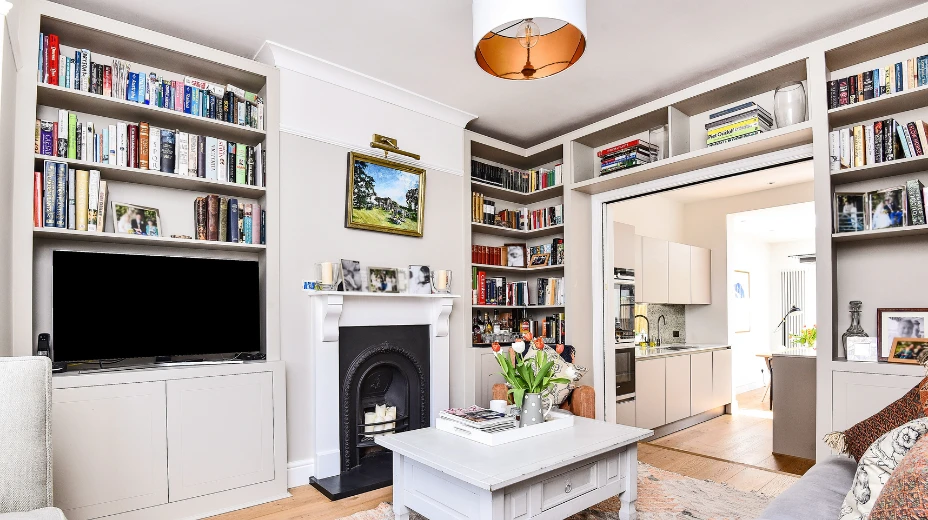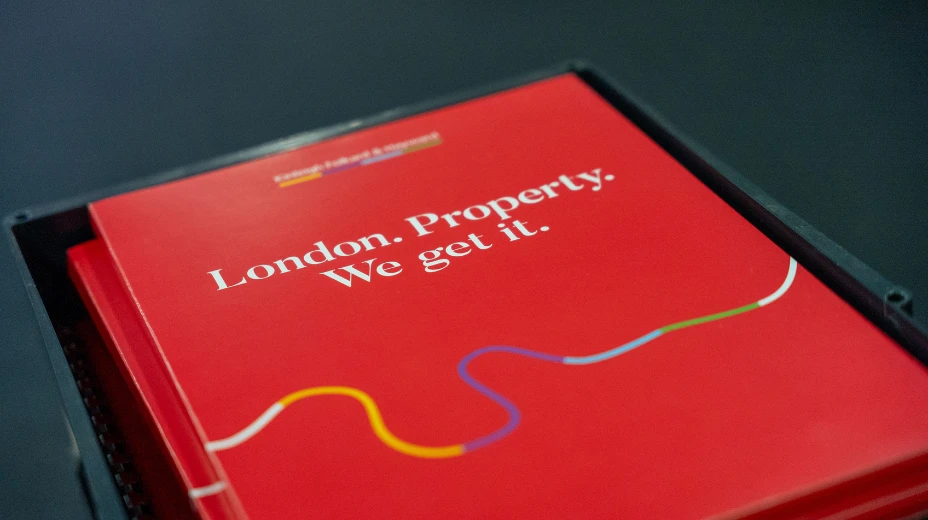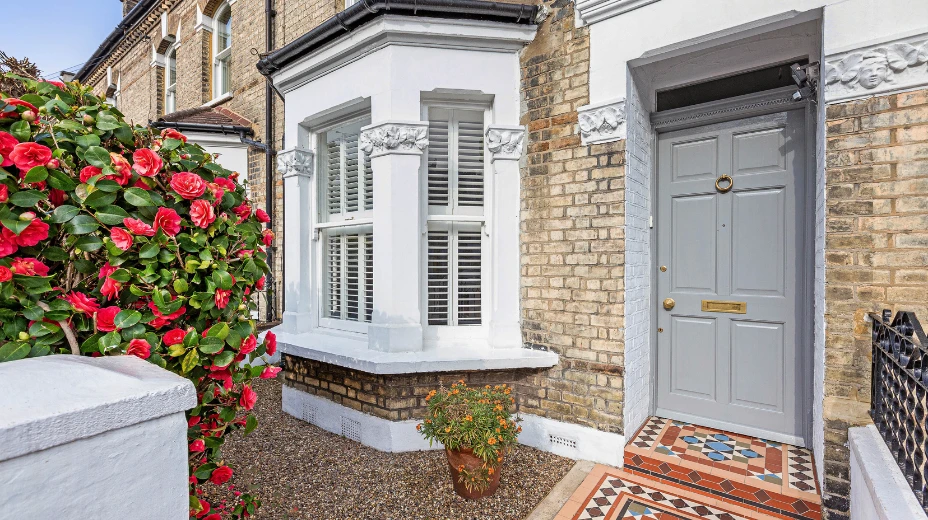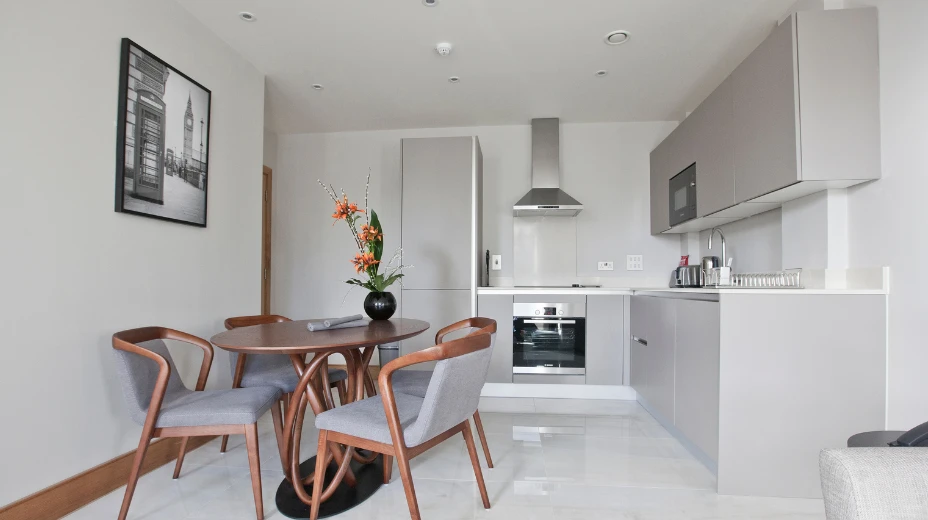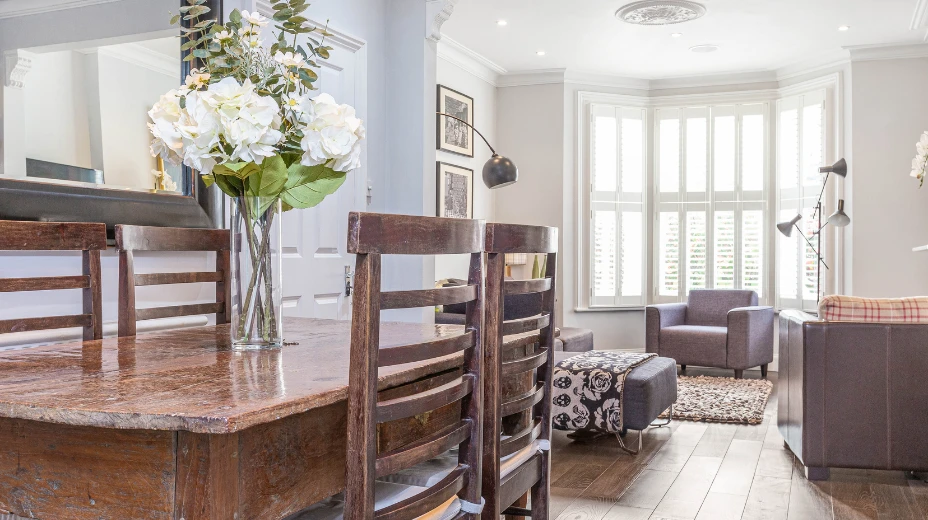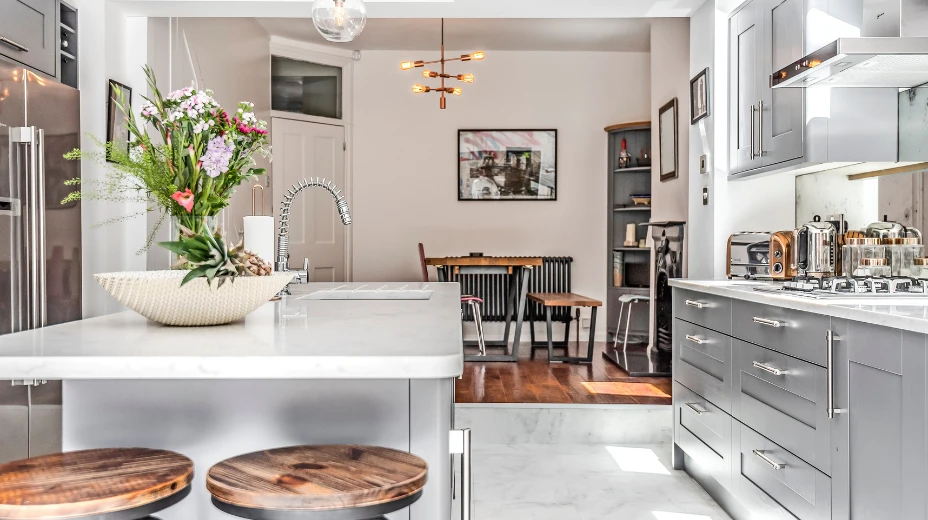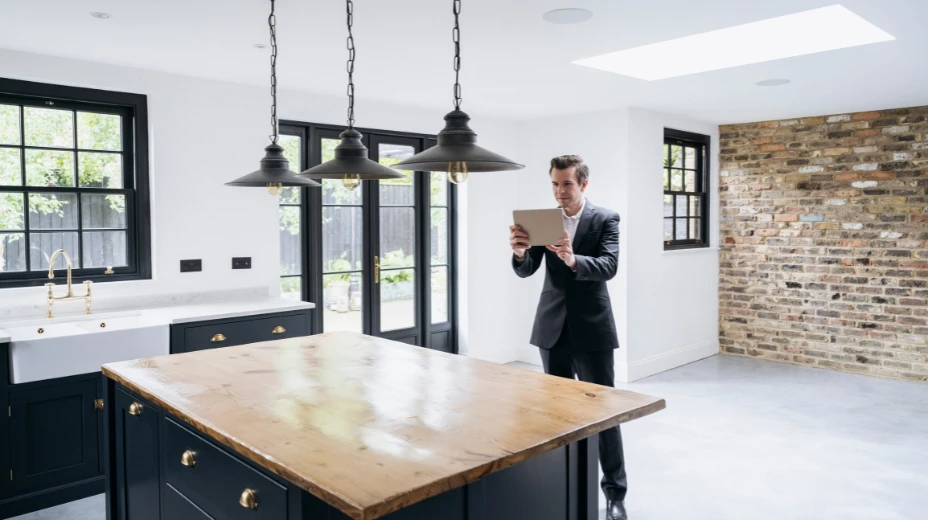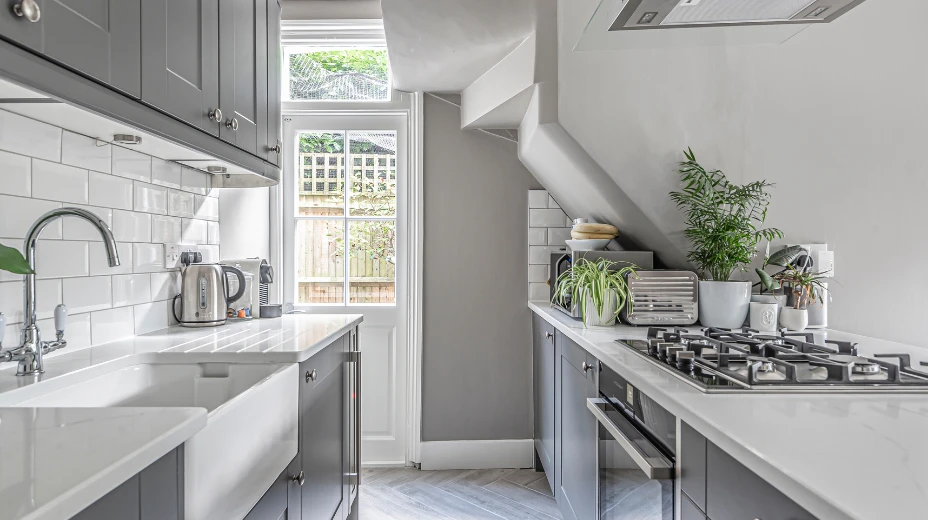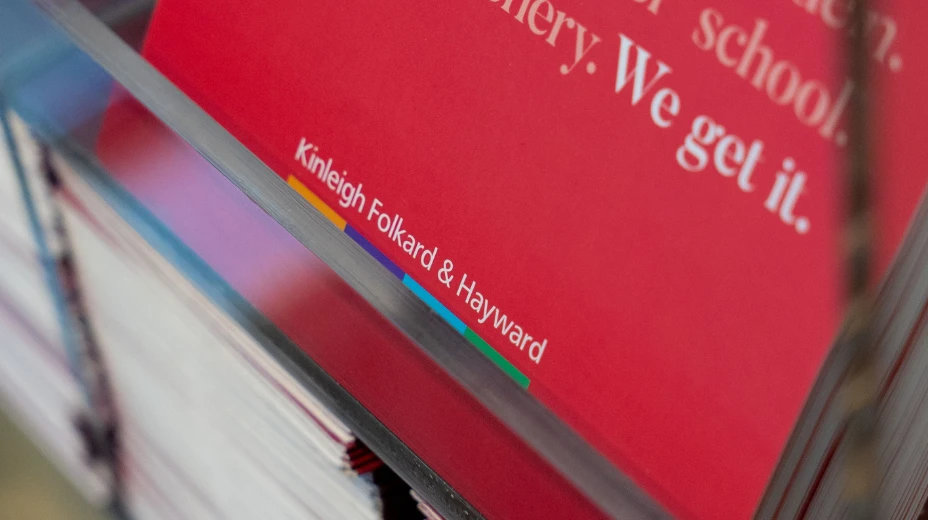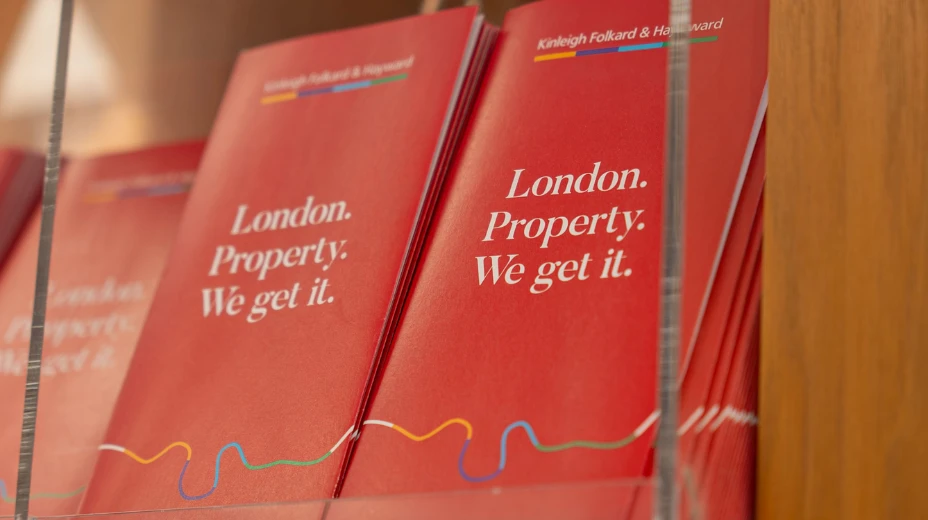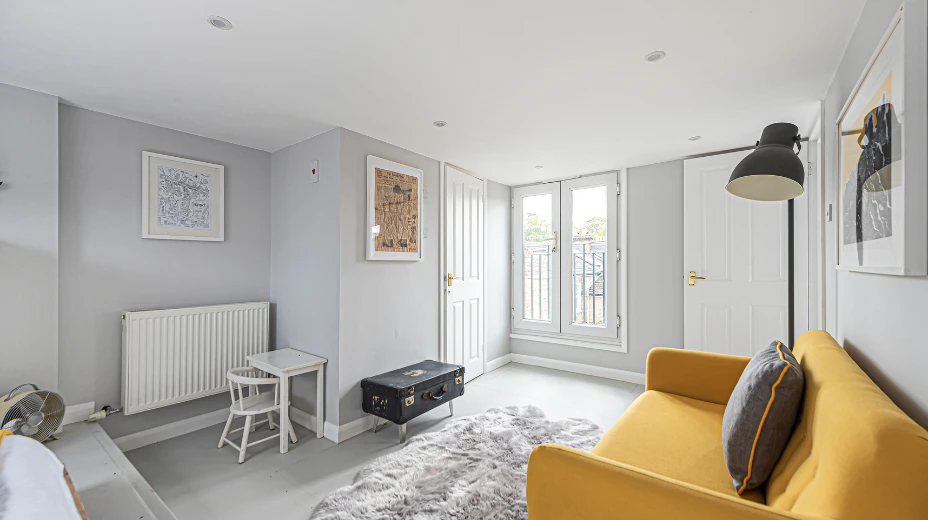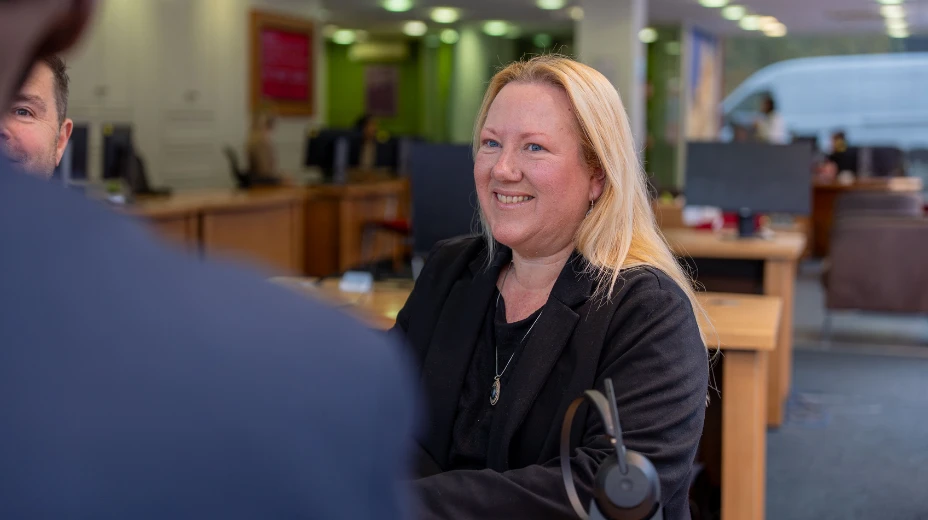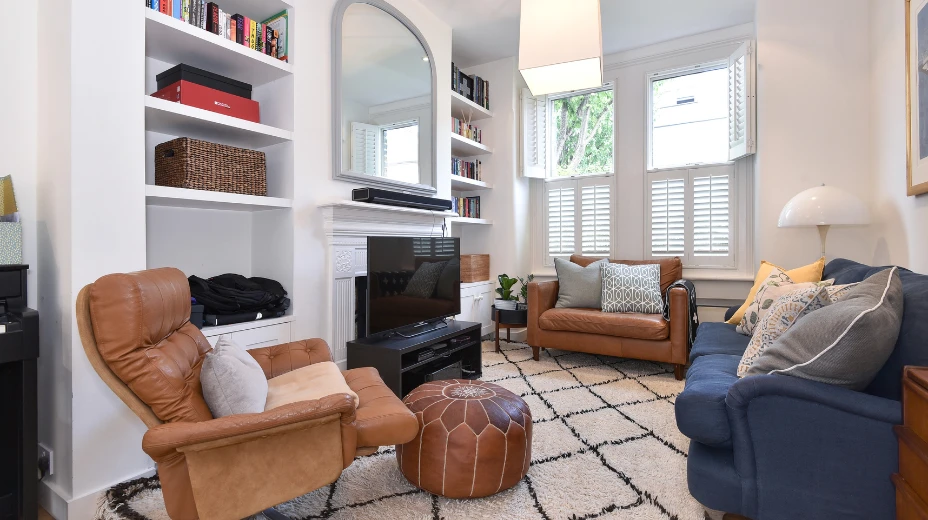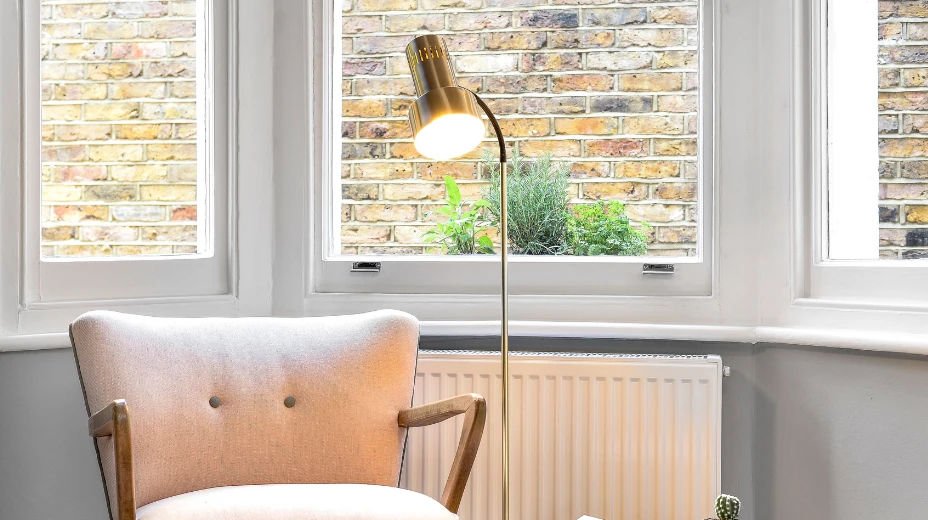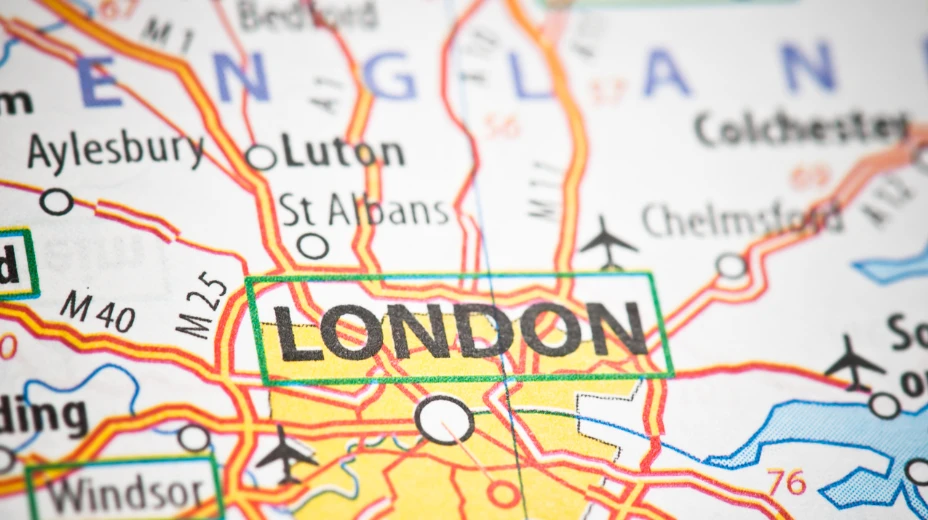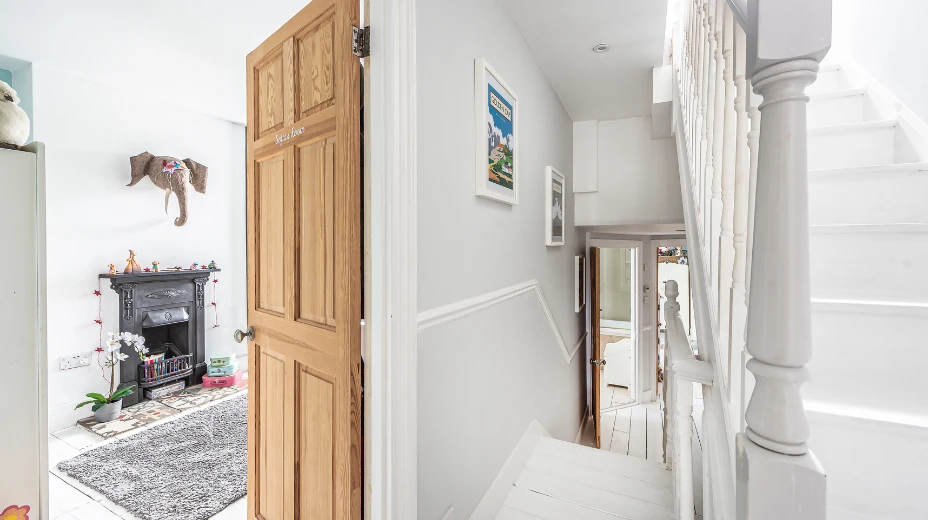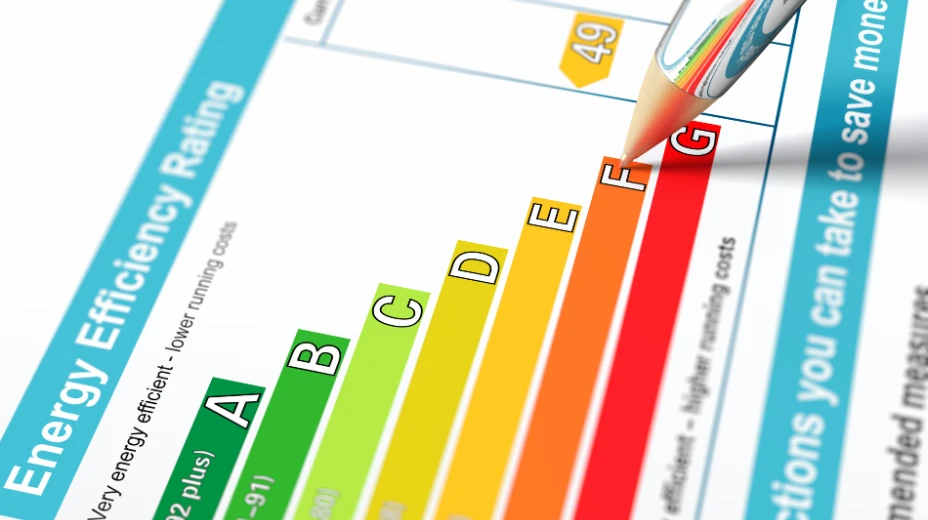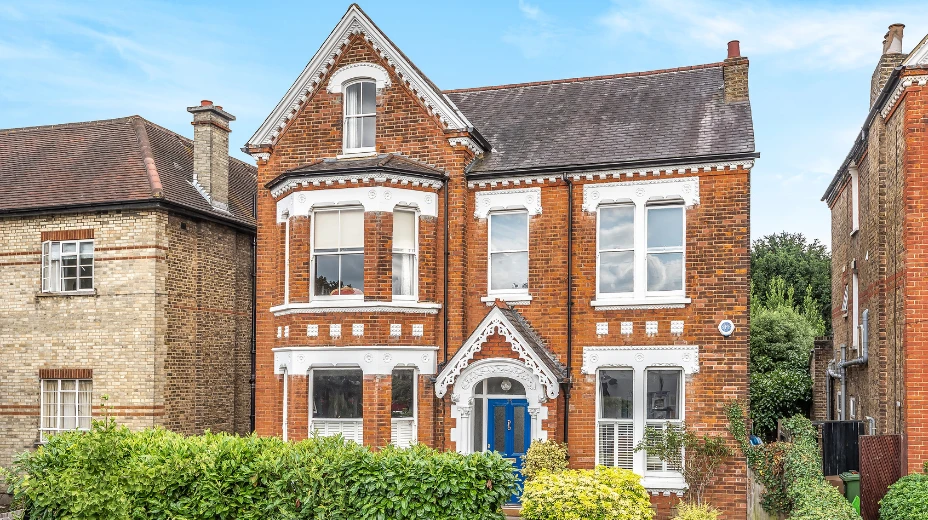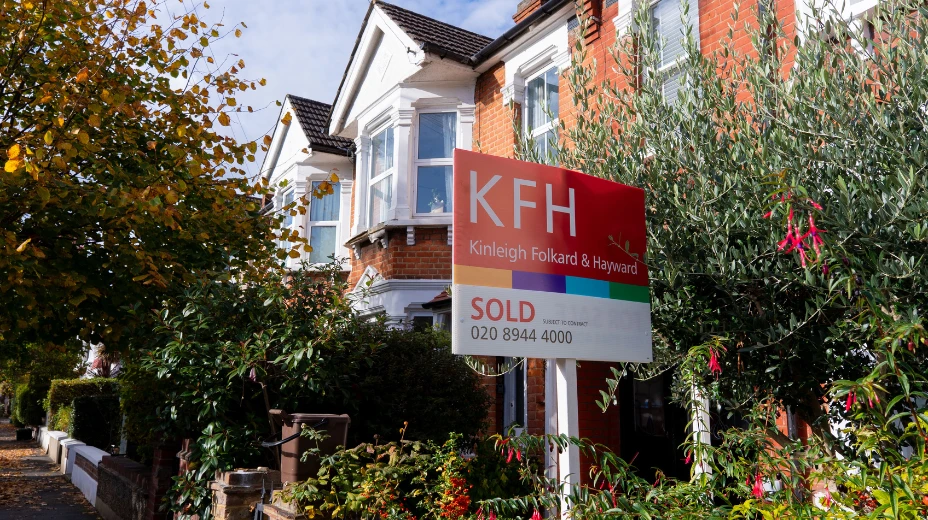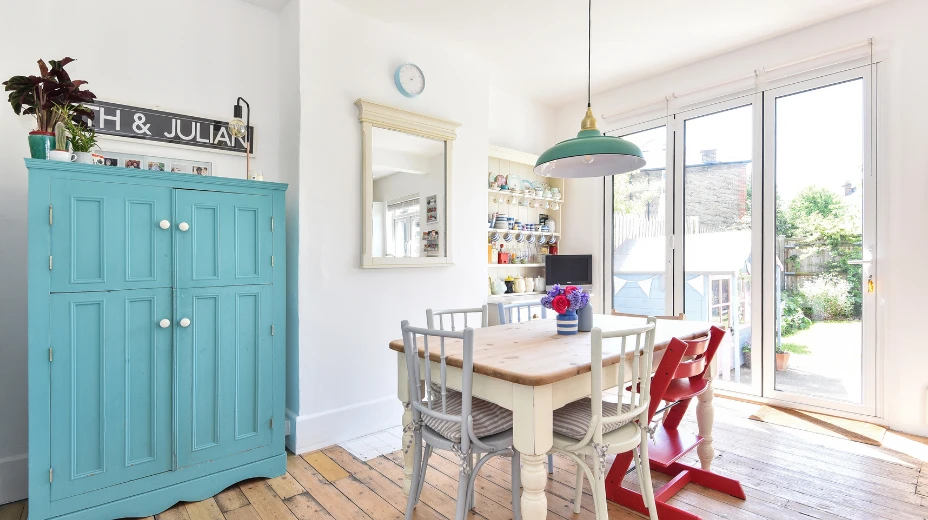Budgeting and getting the right mortgage
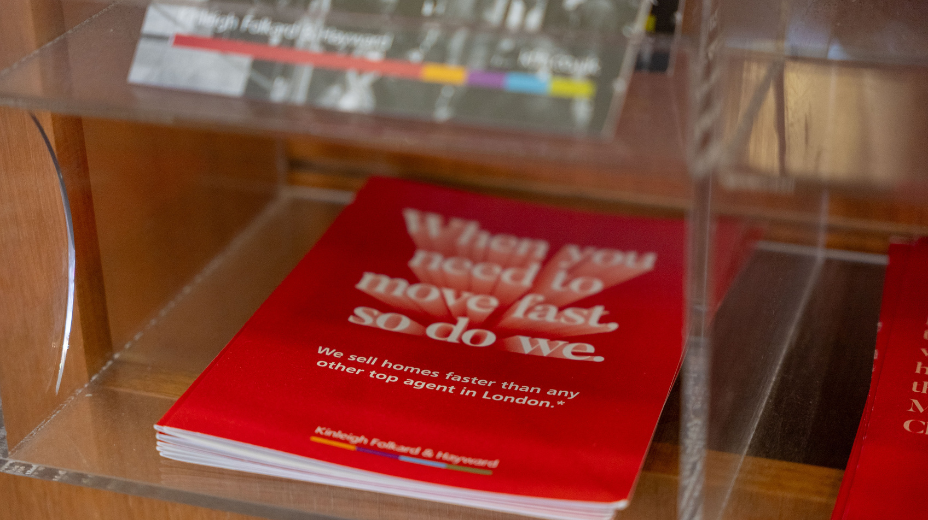
Before you start viewing properties, it’s essential to understand how much you can afford. Unless you’re buying with 100% cash, you’ll likely need a mortgage to finance your purchase.
What is a mortgage?
A mortgage is a loan provided by banks, building societies, or other lenders to help you buy a property. Most mortgages are repaid over many years, and the term depends on the size of the loan and what you can afford to pay each month. Use our mortgage calculator to estimate your monthly repayments.
When should you speak to a mortgage consultant?
The sooner, the better. Mortgage consultants can advise on products from across the mortgage market. They will calculate the maximum amount you can borrow and identify lenders most likely to approve your application.
They may recommend an Agreement in Principle (AIP), which shows how much a lender is willing to lend (subject to checks). This involves a credit check, so your consultant will explain how to avoid harming your credit score. Most importantly, they’ll assess affordability using a detailed budget planner, considering your income, existing debts (loans, credit cards) and how you manage your finances. Get in touch with the Mortgage Advice Bureau today.
Types of mortgages explained
Choosing the right mortgage is crucial. Here are the main options:
Fixed-rate mortgage
- Your monthly payments stay the same during the fixed term (usually 2–5 years, sometimes longer).
- Protects you from interest rate changes.
- Early repayment charges (ERCs) apply if you exit early.
- Interest rates are often slightly higher than variable rates for the security they offer.
Variable-rate mortgage
Includes Standard Variable Rate (SVR), tracker, and discount mortgages:
- SVR: Set by your lender; usually higher than other rates. Flexible, with no early repayment charges.
- Tracker: Follows the Bank of England base rate, so payments rise or fall with interest changes.
- Discount: Linked to your lender’s SVR, not the base rate.
Variable mortgages can start with lower rates but fluctuate, so budget for possible increases.
What documents do you need?
Having paperwork ready speeds up approval. Common requirements include:
- Proof of income
- Photo ID (passport or driving licence)
- Proof of address
- Bank statements
- Credit card statements
Other key considerations when purchasing a property
The funding for a property purchase is made up of the mortgage from the lender plus your deposit. The deposit can be made up from savings or investments, equity from a property sale and/or parental gift.
The deposit affects your Loan-to-Value (LTV) ratio. Lower LTV usually means better rates, but watch out for fees and higher rates after the deal period.
Costs involved
Beyond the deposit and mortgage, budget for:
- Solicitor fees
- Valuation and survey costs
- Lender product fees
- Stamp Duty Land Tax (SDLT) – use our stamp duty calculator to give you an indication of the amount of SDLT you will need to pay when purchasing a residential property.
Also consider ongoing costs like:
- Buildings and contents insurance
- Utility bills
- Council tax
Mortgage contract and your responsibilities
Once your mortgage is arranged and you’ve moved into your new home, you enter into a legal contract with your lender. This agreement requires you to make monthly repayments for the duration of the mortgage term.
Repayment vs interest-only mortgages
Repayment mortgage is the most common with lenders where each monthly payment covers both the amount borrowed and the interest owed.
Interest-only mortgage is less common today, but some lenders may offer this if you have a credible repayment plan. Here, your monthly payment only covers interest and the original loan amount must be repaid at the end of the term.
Regardless of the type, it’s your responsibility to keep up with repayments. Missing payments can put you at serious risk of repossession.
Protect yourself against financial risks
Unexpected circumstances can affect your ability to pay. To safeguard your home, speak to a specialist protection advisers about mortgage protection insurance, income protection and life cover options.
They’ll explain the differences, recommend the best fit for your needs, and tailor a package that suits your budget. Remember to factor this cost into your monthly expenses.

